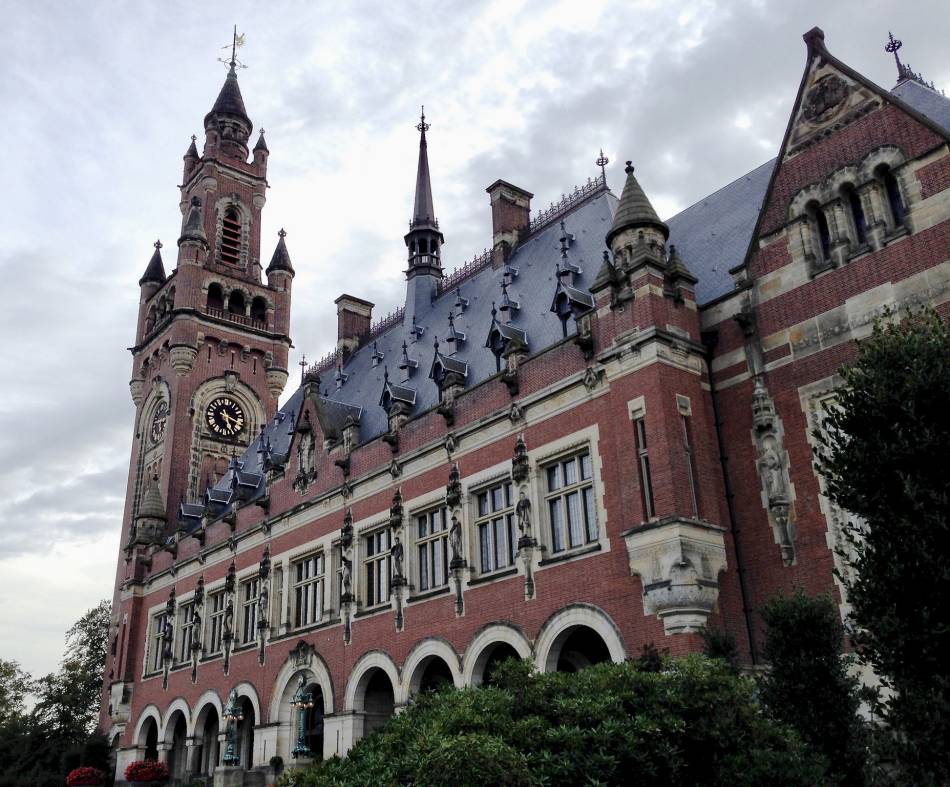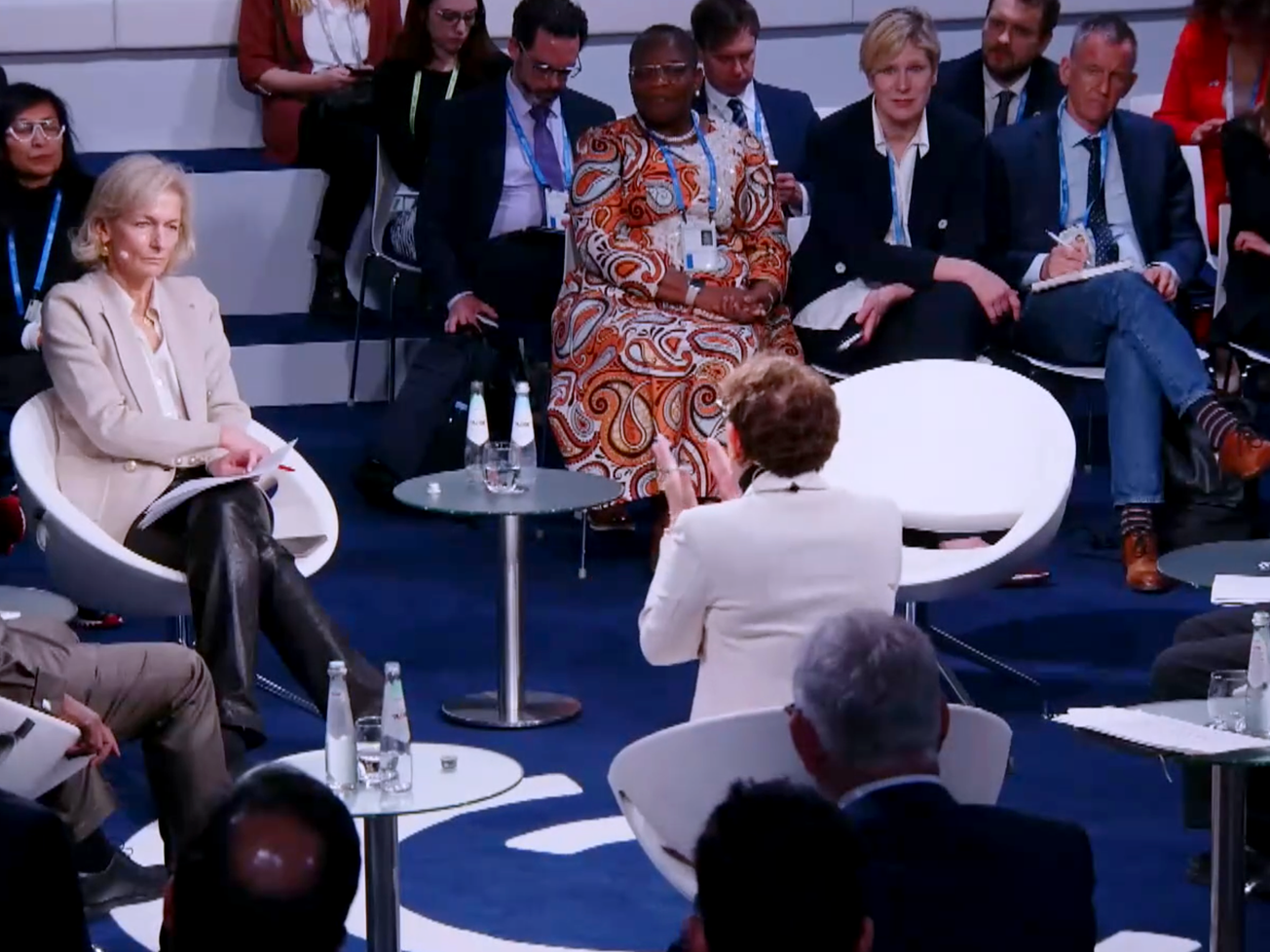The International Court of Justice ordered Russia to halt its invasion of Ukraine in a preliminary decision that is legally binding yet mainly symbolic because there is no direct means of enforcing it.
Ruling on a case filed by Ukraine, the United Nations' top court decided 13-2 that Russia "shall immediately suspend the military operations that it commenced on 24 February." Two justices from Russia and China opposed it.
In its preliminary decision, the Hague, Netherlands-based ICJ, which settles disputes among nations, rejected Russian President Vladimir Putin’s false claims, asserted without any evidence, that Ukraine must be "denazified" because it is committing “genocide” against pro-Russian separatists in the nation's east. Russia argued the court lacked jurisdiction to settle the case. A final ruling on it will likely not come for years and, as a result, have little consequence.
Russia also can block international sanctions imposed by the 15-nation U.N. Security Council since it is holds one of the five veto-wielding permanent seats. Ukraine's President Volodymyr Zelenskyy cheered ICJ's decision nonetheless as an important public indicator at the least.
"Ukraine gained a complete victory in its case against Russia at the International Court of Justice," Zelenskyy said in response. "The ICJ ordered to immediately stop the invasion. The order is binding under international law. Russia must comply immediately. Ignoring the order will isolate Russia even further."
The justices issued the preliminary decision less than three weeks after Ukraine filed suit in ICJ seeking immediate “provisional” relief. Zelenskyy said nation sought "an urgent decision ordering Russia to case military activity now" on the grounds that Russia "must be held accountable for manipulating the notion of genocide to justify aggression."
Ukraine argued the court has jurisdiction to decide the case because Russia and Ukraine each signed the Genocide Convention, which took effect in 1951 and was the first human rights treaty adopted by the U.N. General Assembly in the wake of World War II.







